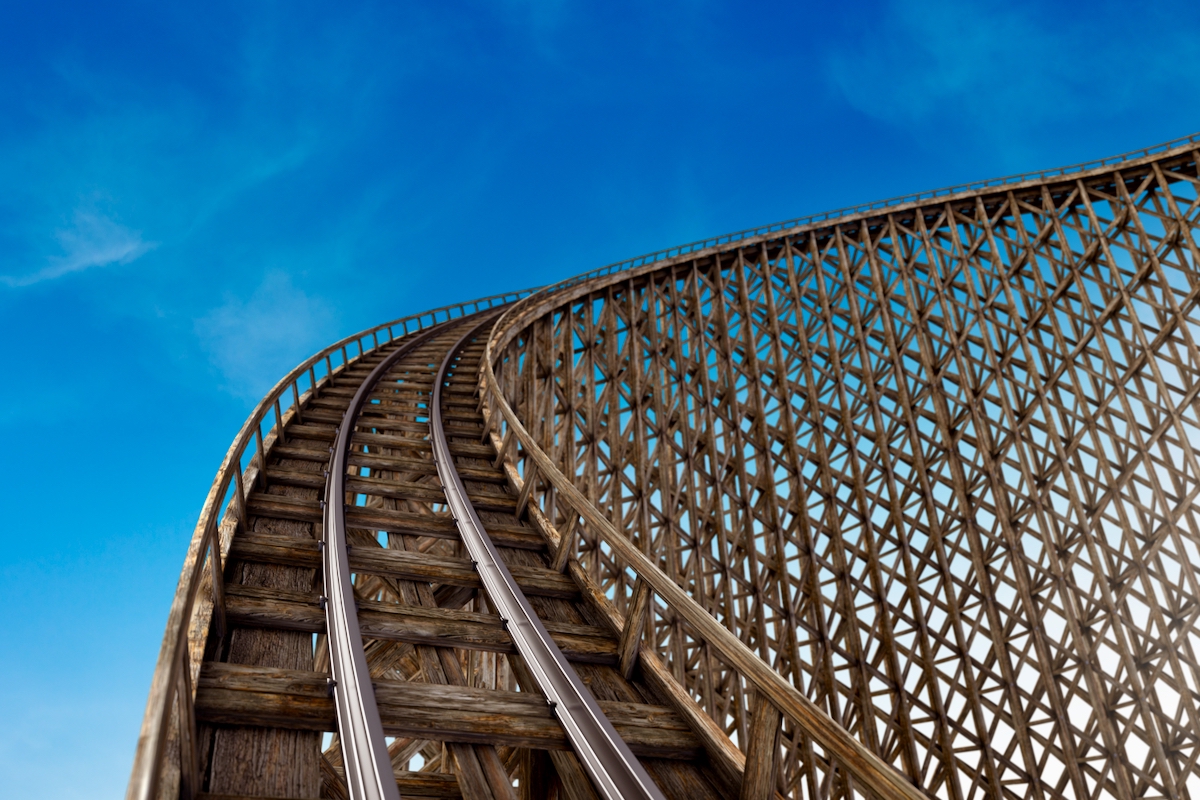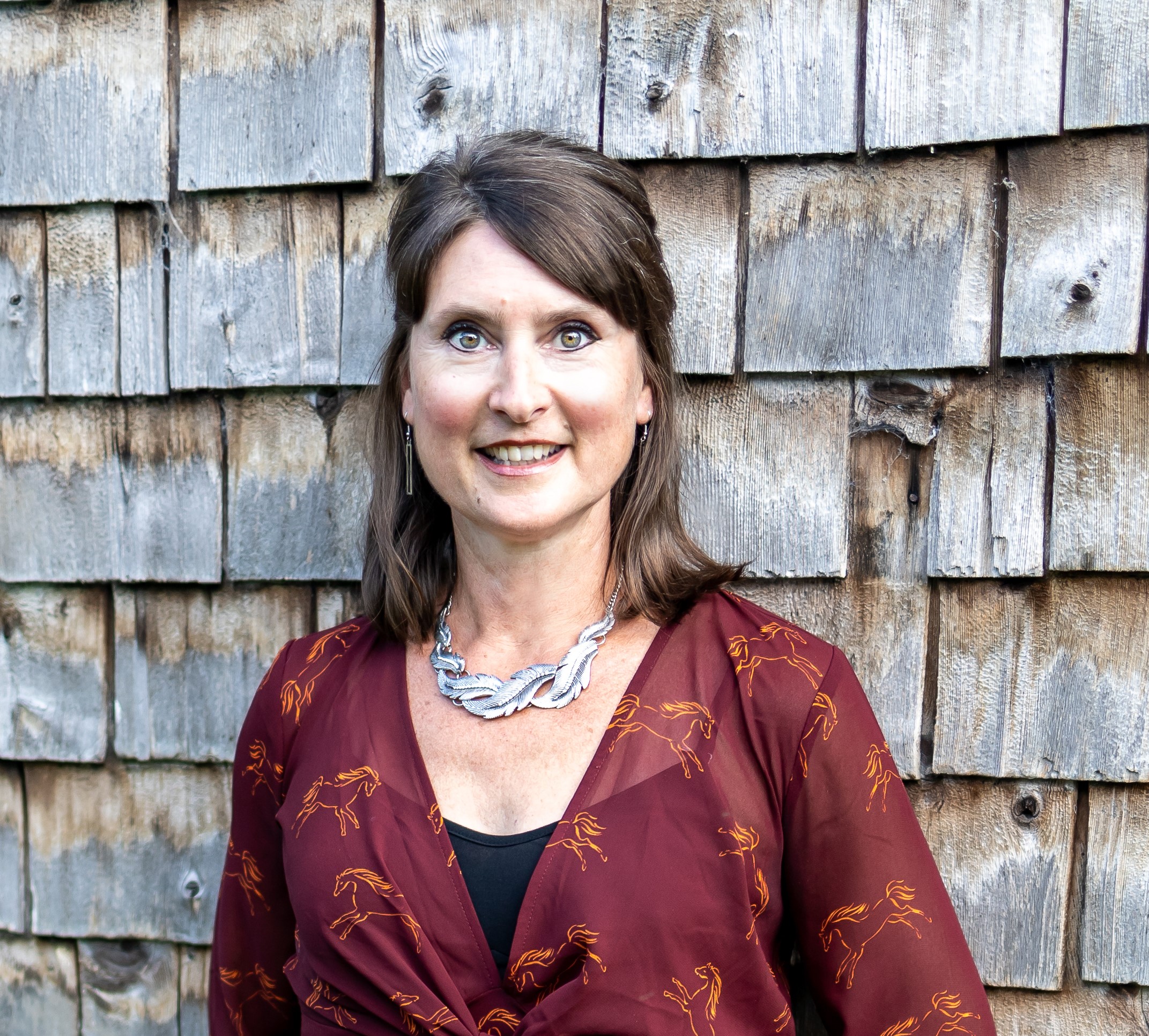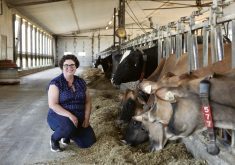Technology is ubiquitous on today’s farms, and your social life is no exception.
Social media sites like Facebook, Twitter and Instagram allow farmers to share their stories, engage and educate consumers, and connect with and learn from others in their industry around the world.
While some current research does point to the pitfalls of social media (it can be addictive and narcissism-inducing, and it can whittle away at valuable face-to-face communication skills), social media can also be tremendously helpful to isolated segments of the population.
Read Also

Riding the tariff rollercoaster
Farmers are accustomed to roller-coaster years. But the current geopolitical windstorm is something else entirely. On his cattle operation near…
For farmers, who are sometimes only connected to other humans online, social media is so much more than a platform to “agvocate” and tell your story.
Here are a few other ways you can harness the power of social media on your farm:
I’m not in it alone
Farming can be laden with challenges. Who among us hasn’t thought, more than once, that if it wasn’t for bad luck you’d have none at all? And on those days when everything seems to break and nothing wants to go right, our feelings of isolation can really get exacerbated.
Posting a photo of your tractor stuck in the mud up to its axles will get you a little light ribbing, but it will also lighten your mood and make you feel less discouraged as people share their own disasters. During this past winter’s spate of extreme sub-zero temperatures across the nation, it was nice to know we weren’t the only farm fighting frozen pipes and machinery that wouldn’t start.
Scanning through tweets helped me realize that we’re all in it together and that no matter where we are across the country, we can support and cheer one another on. As Winchester, Ont. farmer Ian Porteous recently tweeted me, “It’s so awesome to be able to talk to people that have had the same experience. Thanks Twitter!”
More brains are better than one
As the old, rather morbid, saying goes, “There’s more than one way to skin a cat.” Social media can be a great place to crowd-source ideas.
The article “Genius” in National Geographic’s May 2017 edition examined the social networks of historical geniuses: “‘Lone geniuses are exceedingly rare.’ Dean Keith Simonton, distinguished professor of psychology at UC-Davis, scoured biographical dictionaries for mentions of relationships among 2,026 scientists and 772 artists. He found that members of each field created within a web of connections.” For example, Newton’s social network consisted of 14 idols, three rivals, one collaborator, one friend, and 12 admirers. Each of these had important knowledge to bring to the relationship or provided an alternate point of view. Some, no doubt, egged him on — for better or worse.
The point is, we can’t solve problems in a vacuum. Use your connections to source ideas you can apply to your unique situation.
What the heck is this and how can I fix it?
While harvesting our corn last fall, we noticed a cob with a weird sort of hole we’d never seen before. Within minutes of posting a photo on Twitter, I received several responses, one of them from a professor of entymology and another from an agronomist. Turns out Western bean cutworm has made its debut in southwest Quebec.
I know of others who, in the middle of an animal health-related situation, posted photos and questions and within seconds had vets from across the country offer advice. Others have posted photos of broken machinery and received a number of suggestions for how it might be fixed. If you’re searching for quick answers from those who’ve “been there, done that” or who have the professional expertise to back up their advice, social media is where you’ll find it, right when you need it.
I won’t go to bed stupid tonight
Upon learning something new, surprising or useful, my grandfather would always exclaim, “I won’t go to bed stupid tonight!”
The open accessibility to so much information online is incredible. I can enter a question — literally any question — into Google and something will come up. While “reader beware” is a good axiom to follow since virtually anyone can become an “expert” in the online universe, the fact that a world of research is at your fingertips, in the field or in the barn, is awe-inspiring.
Whether conducting research on why our well developed a strange red tinge and iron taste (turned out to be a kind of bacteria) or conversing with others in the ag industry about important challenges we face, there have been nights that social media allowed me to go to bed a wee bit smarter.
Show me the way
Social media provides access to free resources and mentorship-at-a-distance. Referring back to the National Geographic article mentioned above, the researchers found that “It takes nurture to grow a genius. Social and cultural influences can provide that nourishment.”
Social media connections can stimulate and nourish critical and creative thinking and problem-solving skills. Recently, there’s been a lot of amazing action on ag Twitter around mental health. Knowing that there’s a tribe of people right there, just like you, who understand what you’re going through and who can offer support and guidance is invaluable.
Hey mom, dad: I just made a new friend!
Social media is just that: social. It’s a great place to meet and network with new people, have a few laughs, discuss and (respectfully) disagree. We learn and grow from our social interactions, cultivating a growth mindset.
Several studies have shown that a lack of social connections can have a bigger negative effect on health than other risk factors like obesity and high blood pressure. Social connections can lengthen our lifespan, strengthen our immune system, and lower rates of depression and anxiety.
Our online social connections can even turn into invites to industry events and meet-ups, and real-world friends. As Illinois farmer Cheryl Day tweeted: “I love Twitter because we can see agriculture around the globe and connect with great people.”
Neil Pasricha, author of The Book of Awesome, says a good job includes:
- Social (having friends).
- Stimulation (always learning).
- Story (being part of something bigger than yourself).
The world of agriculture is nothing if not all three, both online and off. Social media, like any tool, can be extremely useful if used in the right context. It can help you expand your social circle and share your story, provide intellectual stimulation, and make you feel a little less alone in the back 40.
April Stewart is a sixth generation dairy farmer in Quebec, president of Canadian Young Speakers for Agriculture, and principal of Alba PR, whose latest project is The Farmer’s Survival Guide.
















